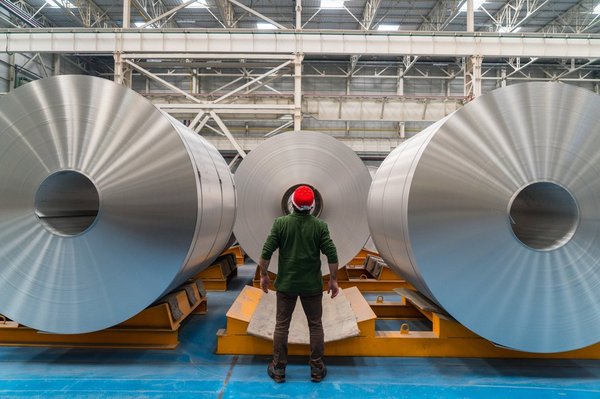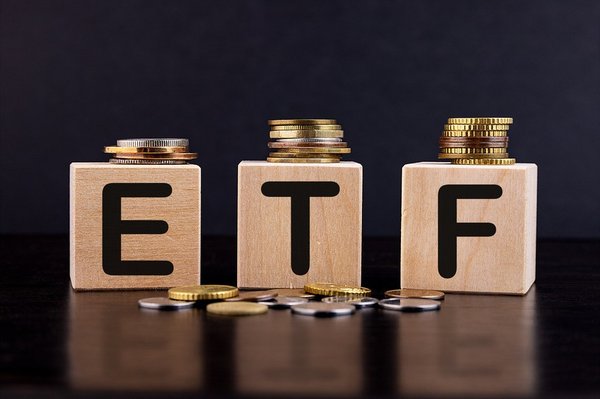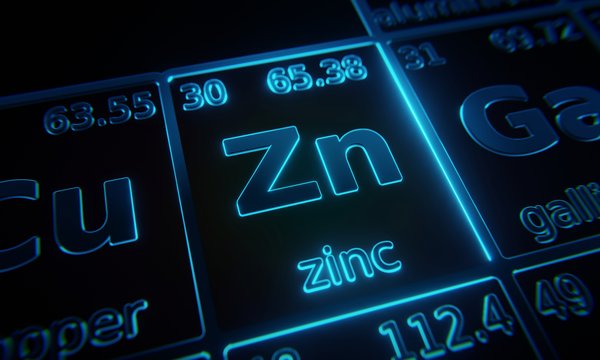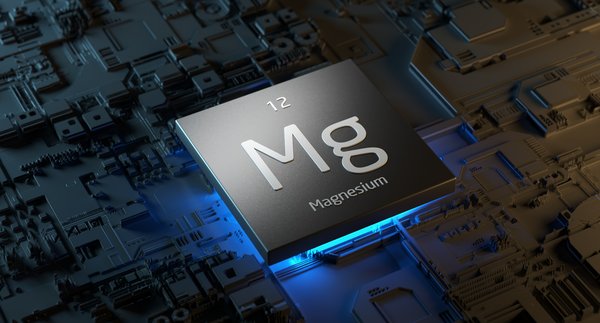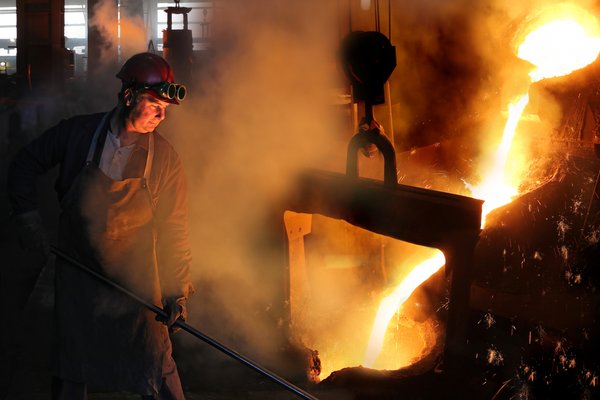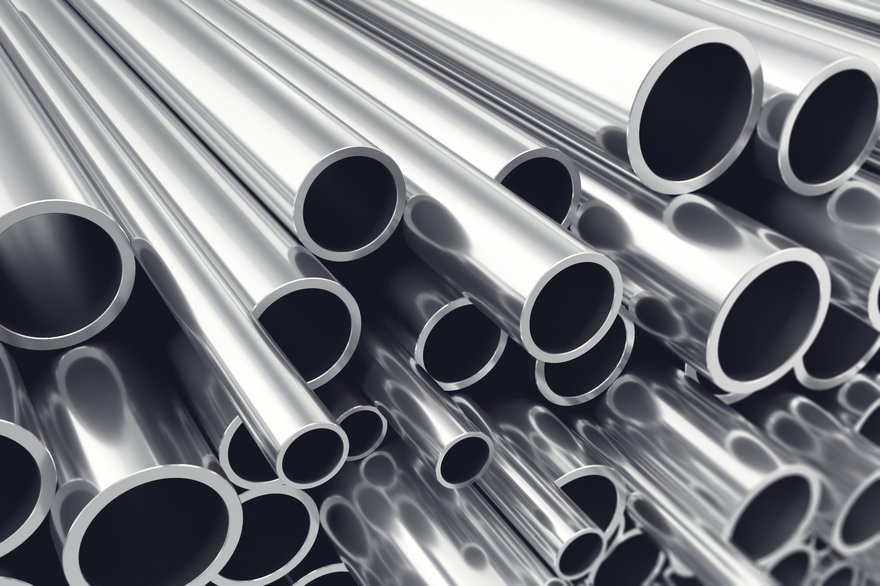
The metals industry is a subsector of basic materials. It includes companies that:
- Mine, process, or invest in the extraction of precious metals such as gold, silver, platinum, and palladium.
- Mine and process industrial metals such as copper, iron ore, and aluminum ore (bauxite).
- Convert raw metal materials such as iron ore into more valuable metal products such as steel.
There’s a blurred line between this sector and mining. Some metals companies operate an integrated mining business, while others don’t. Keep reading for a closer look at this subgroup of the basic materials sector and some of the best metals stocks to invest in.
Best metals stocks in 2024
A handful of metals companies stand out as leaders in the industry by focusing on keeping costs down so they can maximize the value of the metals they produce. Here are three top metal stocks worthy of investor consideration:
| Company | Description |
|---|---|
| Rio Tinto (NYSE:RIO) | A leader in producing industrial metals. |
| Nucor (NYSE:NUE) | A diversified manufacturer of steel and steel products. |
| Wheaton Precious Metals (NYSE:WPM) | A leading precious-metals streaming company. |
1. Rio Tinto
Rio Tinto is a diversified global mining company. It primarily focuses on producing industrial metals, including the three most widely used ones -- iron ore, aluminum, and copper.
Rio Tinto is a global leader in producing aluminum. The company operates large-scale, high-quality bauxite mines, alumina refineries, and aluminum smelters. It’s a leader in efforts to use low-cost, carbon-free hydroelectricity to power aluminum operations.
Rio Tinto is also a top producer of iron ore, a key ingredient in steel, the most-used metal alloy in the world. The company’s iron ore operations in Australia are composed of an integrated network of world-class mining assets, processing hubs, rail lines, and port terminals that help keep costs low.
It complements its leading operations with a large-scale copper business and a meaningful titanium enterprise. Rio Tinto made a move to boost its copper operations by agreeing to acquire the rest of Turquoise Hill (NYSE:TRQ) that it didn't already own, potentially giving it full control of the massive Oyu Tolgoi mining project in Mongolia.
Rio Tinto aims to be a low-cost producer to help mute the impact of volatile metals prices. Combined with its diversification, Rio Tinto is a top option for investors seeking broad exposure to the metals sector.
2. Nucor
Nucor is a diversified North American steel and steel products company. It makes steel bars, plates, and beams, and it produces steel products such as fasteners, pipes, and wire. Nucor also operates a leading scrap-metal business that recycles and transports ferrous (iron-containing) and nonferrous metals.
Nucor differs from most other steel manufacturers with its focus on operating minimills, which use electric arc furnaces to melt scrap steel. The process is less expensive than traditional blast furnaces used to melt iron. It also powers its facilities primarily with natural gas instead of coal, which costs less. Adding in its focus on using recycled metals, and Nucor is one of the lowest-cost producers of steel in the world.
The company’s relatively environmentally sustainable and lower-cost operations have enabled it to turn a profit in a range of economic conditions and allowed Nucor to pay a steadily growing dividend. The steel producer delivered its 49th consecutive year of increasing its dividend in late 2021. That qualified it as a Dividend Aristocrat and has the company on the threshold of becoming a Dividend King. It may be an ideal stock for investors seeking a lower-risk steelmaker.
3. Wheaton Precious Metals
Wheaton Precious Metals is one of the largest streaming companies in the world. It provides mining companies with an initial payment to help develop a project. In exchange, it receives the right to purchase a portion of the production at a fixed cost.
Wheaton Precious Metals has a diversified portfolio of streaming contracts. Its agreements give it the right to purchase gold, silver, palladium, and cobalt from a variety of leading mining companies. Its streams include currently producing mines, as well as those in development.
The company’s contract portfolio allows it to buy silver and gold at average prices of $5.25 and $444 per ounce, respectively, through 2026. It can then sell the metals at prevailing market prices, pocketing the difference. With gold around $1,775 per ounce in late 2022 and silver hovering near $22, Wheaton made a hefty profit on its precious metal streaming contracts. The company’s low-cost business model makes it an attractive means of investing in precious metals.
The metals industry is rapidly changing in the current economic climate. Check out the latest articles in the feed below.
The metals industry and the economy
Metals companies largely fall into two categories:
- Those focused on precious metals such as gold and silver.
- Those that produce or use industrial metals such as iron ore, aluminum, and copper.
Consequently, metals companies have different levels of sensitivity to the global economy.
Demand and prices for industrial metals tend to rise and fall with the global economy. A recession typically causes demand and prices to fall, weighing on the profitability and stock prices of companies focused on producing industrial metals. For example, the Federal Reserve raising interest rates to combat inflation in 2022 has caused concerns that the global economy is heading toward a recession and weighed on metals prices prices.
The value of precious metals, on the other hand, tends to have an inverse relationship to the economy. That’s due in large part because investors buy these metals to protect their wealth or to hedge against inflation, which is more likely to rise after central banks lower interest rates to counter an economic downturn. We saw this in early 2020 as precious metals prices soared after central banks slashed interest rates to jumpstart the global economy after pandemic-driven lockdowns.
Given the inverse relationships between these types of metals, investors might want to consider pairing a company that focuses on industrial metals with one that focuses on precious metals to smooth out returns.
Related investing topics
Picking the best metals stocks to invest in
Metal prices can be very volatile, especially when economic conditions deteriorate quickly. Investors should decide if they have the tolerance to stomach the ups and downs.
If the sector’s upside potential seems appealing, concentrate on trying to unearth the metals stocks best positioned to benefit from higher prices. The best place to start is with industry leaders since their low-cost operations should help cushion the blow if market conditions unexpectedly shift. Then hold on for what might be a bumpy ride in the short term, knowing that the long-term potential can make the volatility worth it in the end.














